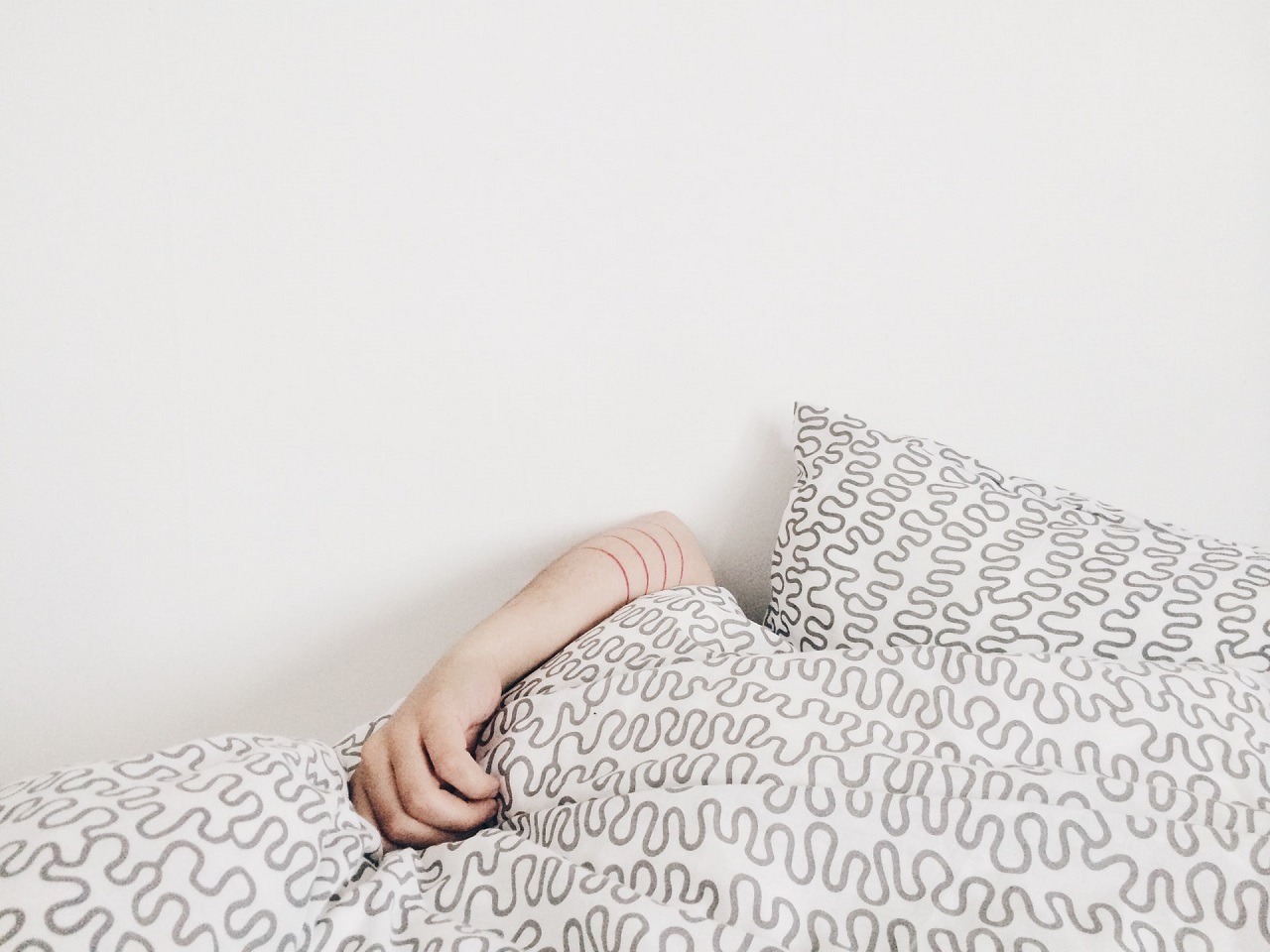We don’t need to tell you just how important sleep is for your overall health and wellbeing. It not only reduces the risk of heart disease and weight gain, but it also gives your body a chance to heal and repair itself.
The fact that it helps slow down the ageing process is a definite plus in our books. They don’t call it “beauty sleep” for nothing.
Nonetheless, as important as slumber is to your body’s optimal functioning, more than 50 million American adults suffer from various sleep-related disorders, with another 30 million grappling with intermittent sleep issues every single year.
If you fall into any of those categories, and you’re looking for a lasting solution to your sleeping issues, you might like what binaural beats sleep therapy brings to the table. If this is the first time you’ve heard of it, you’re probably wondering what it’s all about.
Brace yourself. It’s a total game-changer.
It’s not a new-age fad, either. It is backed by cold hard scientific facts. Without further ado, here’s everything you need to know.
Binaural Beats Sleep Therapy – What Is It?
The idea of using binaural beats for therapeutic purposes is not new. Heinrich Wilhelm Dove, a world-renowned physicist, stumbled upon the technique in 1839.

He discovered that when you present the brain with two different frequencies separately in each ear (hence the term “binaural”), the phase variation causes the brain to produce a third “phantom” wave as it tries to reconcile the difference. This is referred to as a binaural beat. Its frequency is equivalent to the difference between the two initial waves.
If you present a 100 Hz frequency to your left ear and a 110 Hz frequency to your right one, your brain hears a third frequency resonating at 10 Hz. This induces brain activity at that range, which is what binaural beat therapy is all about. This technique is highly effective in guiding your mind into any state.
By introducing a layered blend of sound frequencies in each ear using audio technology, your brainwaves naturally sync to these waves through a process known as brainwave entrainment. This achieves a powerful state of deep relaxation, focus, and concentration.
The technique has been scientifically proven and endorsed by scores of researchers and doctors around the world.
How Do Binaural Beats Work?
So far, we know what they are. The question is – How exactly do they work to help you sleep better and wake up feeling well-rested and energized?
The answer to this has everything to do with understanding the frequencies at which your brain operates when it is in different states. There are five major types of brain waves the human brain generates.
Gamma Brainwaves
These have a high frequency of 41 Hz to 100 Hz and are associated with exceptionally high mental processing power, memory, and consciousness.
Scientists believe that gamma waves are involved in active consciousness and self-awareness, as well as the integration of different thought processes and information located in different parts of the brain.
Beta Brainwaves
These have a frequency of 15 Hz to 40 Hz and are associated with a high level of alertness, analytical thinking, and decision making. When you’re at work analyzing a report or have some pretty major decisions to make in your personal or professional life, your brain is likely operating at a beta-dominant state.
These high-frequency waves are also associated with anxiety. REM sleep also generates beta brain activity that’s similar to an alert and waking mind.
Alpha Brainwaves

These have a lower slower frequency of 9 Hz to 14 Hz and are associated with being in a state of wakeful relaxation. Your brain produces waves at this range when you’re calm but still alert, like during meditation or when you’re in a creative headspace.
Theta Brainwaves
These have a frequency of 5 Hz to 8 Hz and are associated with a state of deep relaxation, deep meditation, as well as the lighter stages of non-REM sleep.
You know those moments when you’re drifting in and out of sleep and find it difficult to tell whether you’re awake or dreaming? Your brain is operating in a theta-dominant state.
Delta Brainwaves
These are low-frequency waves of 1.5 Hz to 4 Hz. They are dominant in stages 3 and 4 of non-REM sleep, although experienced monks and yogis can cross over into this realm when they’re in deep meditation.
Binaural Beats and Sleep
When you’re awake and alert or stressed and anxious, your brain operates in a beta frequency. People who have a hard time falling and staying asleep are essentially having trouble getting their minds out of a beta-dominant state and into an alpha-dominant state.
Then, just before you fall asleep, your brain quickly transitions from the theta phase and moves into the delta state once you achieve stages 3 and 4 of deep sleep. The idea behind using binaural beats sleep therapy is to use audio technology to entrain your brain to enter these relaxed states on its own.
The more you do it, the less of a challenge it becomes to fall asleep. Some of the added benefits of binaural beats include:
- Enhanced short-term and long-term memory
- Heightened multi-task flexibility (multi-task thinking)
- Improved creativity and divergent thinking
- Increased focus and attention
- Reduced pain perception among people who suffer from chronic pain
- Reduced preoperative anxiety
You may need to experiment with different binaural beats to find out what works best for you. There are several online resources you can use to download binaural beats sleep recordings.
Beats to the Rescue
The next time you have trouble sleeping, meditating, or you’re just feeling anxious and stressed out, all you have to do is: Download alpha, delta, and theta binaural beats sleep audios, grab your headphones, play the recordings, and let them work their magic.
The best thing about it is – it offers a non-invasive, low-impact, drug-free method to treat sleep-related disorders. You’ll be surprised at the world of difference that listening to binaural beats for just 30 minutes every evening makes to the overall quality of sleep you get.
In the meantime, if you’re grappling with anxiety and stress, check out our top picks for the best nootropics for anxiety.
